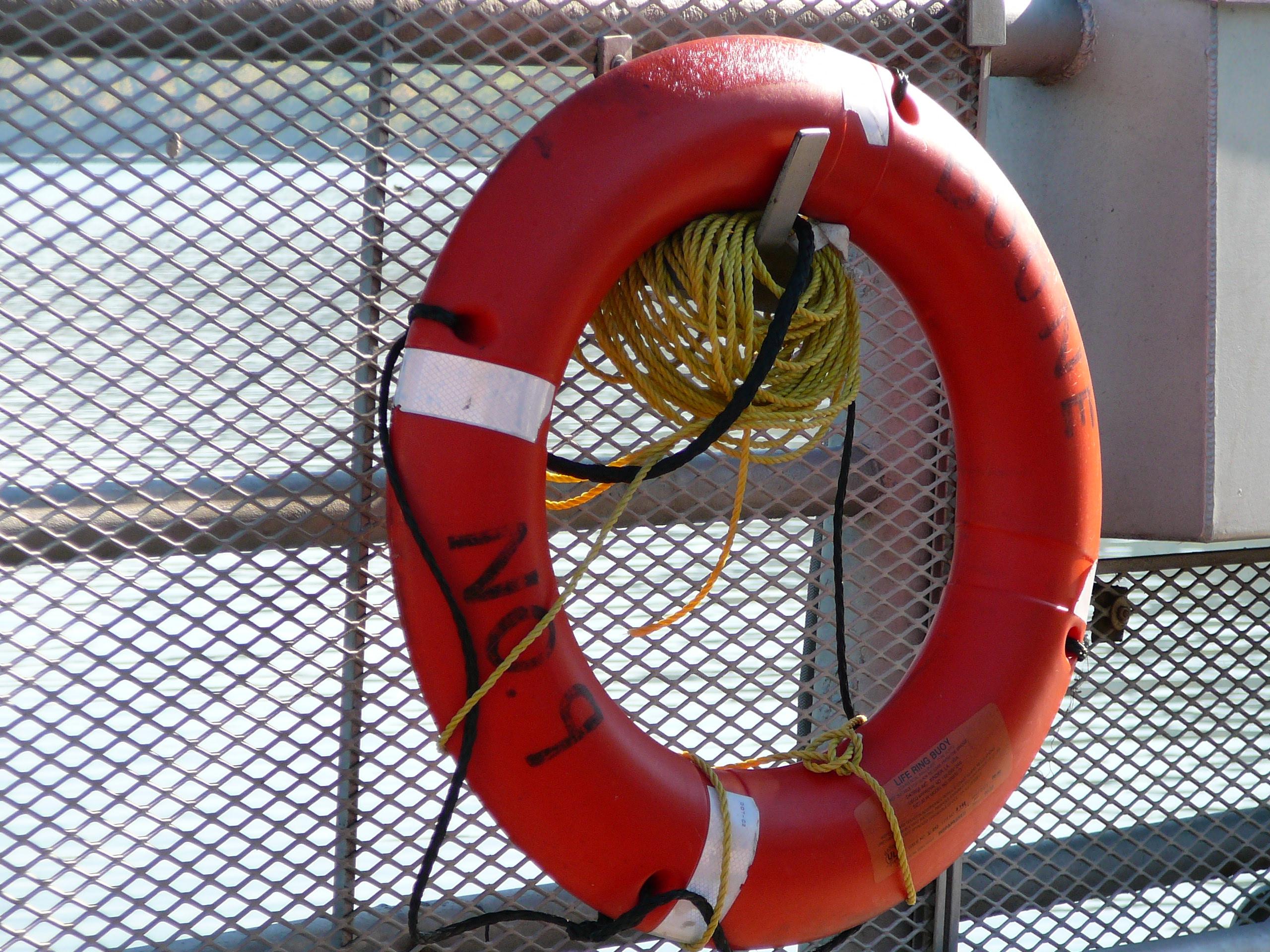
02 Feb A sure-fire way to hurt your credit score
Photo: SDRandandCo/morguefile.comQ. I have a credit card that’s behind over two months and I would like to make a settlement. Is it better to take a settlement or pay it off because it already damaged my credit report?
— Falling behind
A. We hope you’re able to stop your credit score from a free fall.
It is always better to pay your debt off in full if possible.
Although settling an account is typically viewed more favorably than not paying it at all, a status of settled is still considered negative, said Alan Meckler, a certified financial planner with Cornerstone Financial Group in Succasunna.
Meckler said settling a debt means that you have negotiated with the lender, and it has agreed to accept less than the full amount owed as final payment on the account. The account will be reported to the credit bureaus as “settled” or “account paid in full for less than the full balance,” he said
Any time you don’t repay the full amount owed, it will have a negative impact on credit scores.
“The `settled’ status will remain for seven years from the original delinquency date of the account, or if the account has never been late, it and will stay on your credit report for seven years from the date it was settled,” Meckler said.
Alternatively, an account that appears as “paid in full” on your credit report shows potential lenders that you have paid the creditor the full amount that was due. Accounts closed in good standing remain on your credit report for up to 10 years, he said.
Debt settlement can hurt your credit score almost as much as bankruptcy.
“There’s no contest on which will be better for your credit score,” he said. “A paid-off account, even if it shows some late payments along the way, reassures future potential lenders that you pay your bills.”
A settled account, however, is a giant red flag, Meckler said. If you purchased goods and services using your credit card and then didn’t pay for them in full, what assurance does the next potential lender have that you will pay them?
“Another reason I would recommend that you just pay the money you owe if you can is that settling with the credit card company isn’t nearly as easy as many people think,” he said. “You can’t just tell your bank you’re ready to pay pennies on the dollar on your bill and expect them to jump for it.”
But there are times when you should not pay off debts, Meckler said.
He recommends you don’t part with your money too quickly if any of the following are true:
• Paying the debt would mean you can’t pay your rent, buy food or pay for other necessary expenses such as insurance.
• You have no emergency fund left after you pay the debt. The minimum size of an emergency fund may be debatable, but the necessity of having one is not.
• The debt is insurmountable in comparison to your income, and you cannot do anything to improve your income level.
Paying your credit card balance off is not only the best thing for your credit score, but it puts you back in control, Meckler said.
“You always have options — look at them carefully, and take care of your credit,” he said.
Email your questions to .
This post was first published in February 2018.
NJMoneyHelp.com presents certain general financial planning principles and advice, but should never be viewed as a substitute for obtaining advice from a personal professional advisor who understands your unique individual circumstances.
